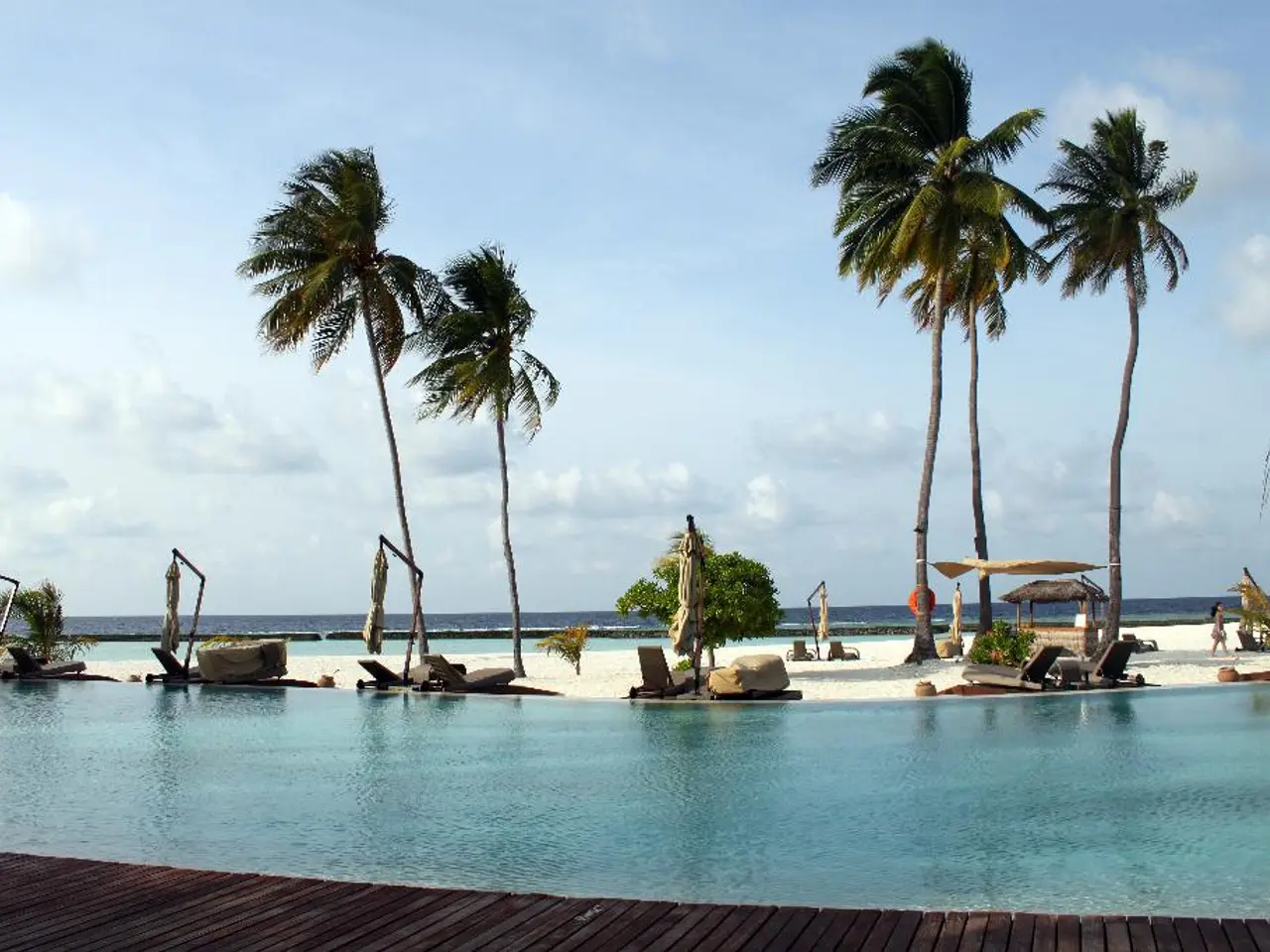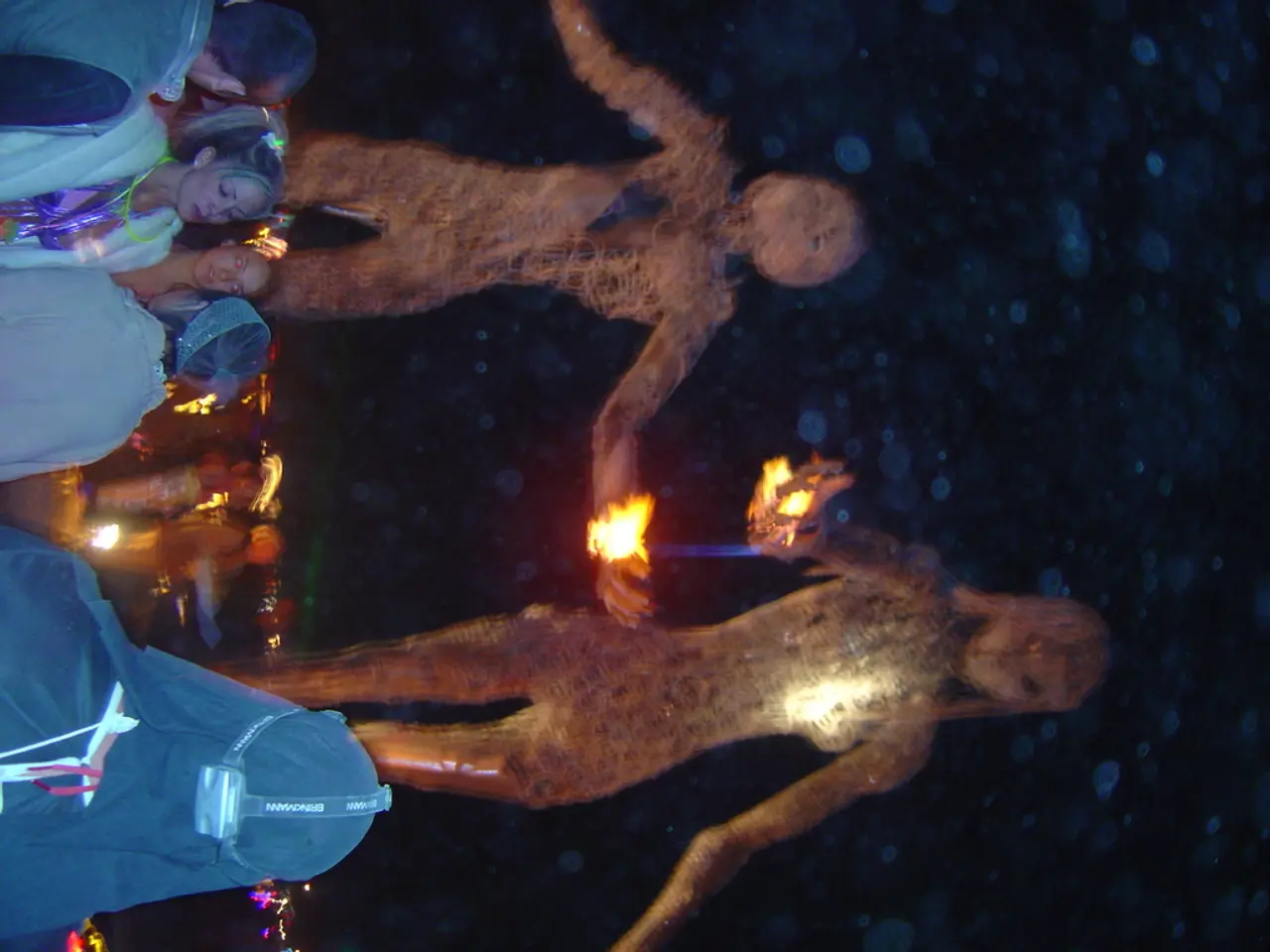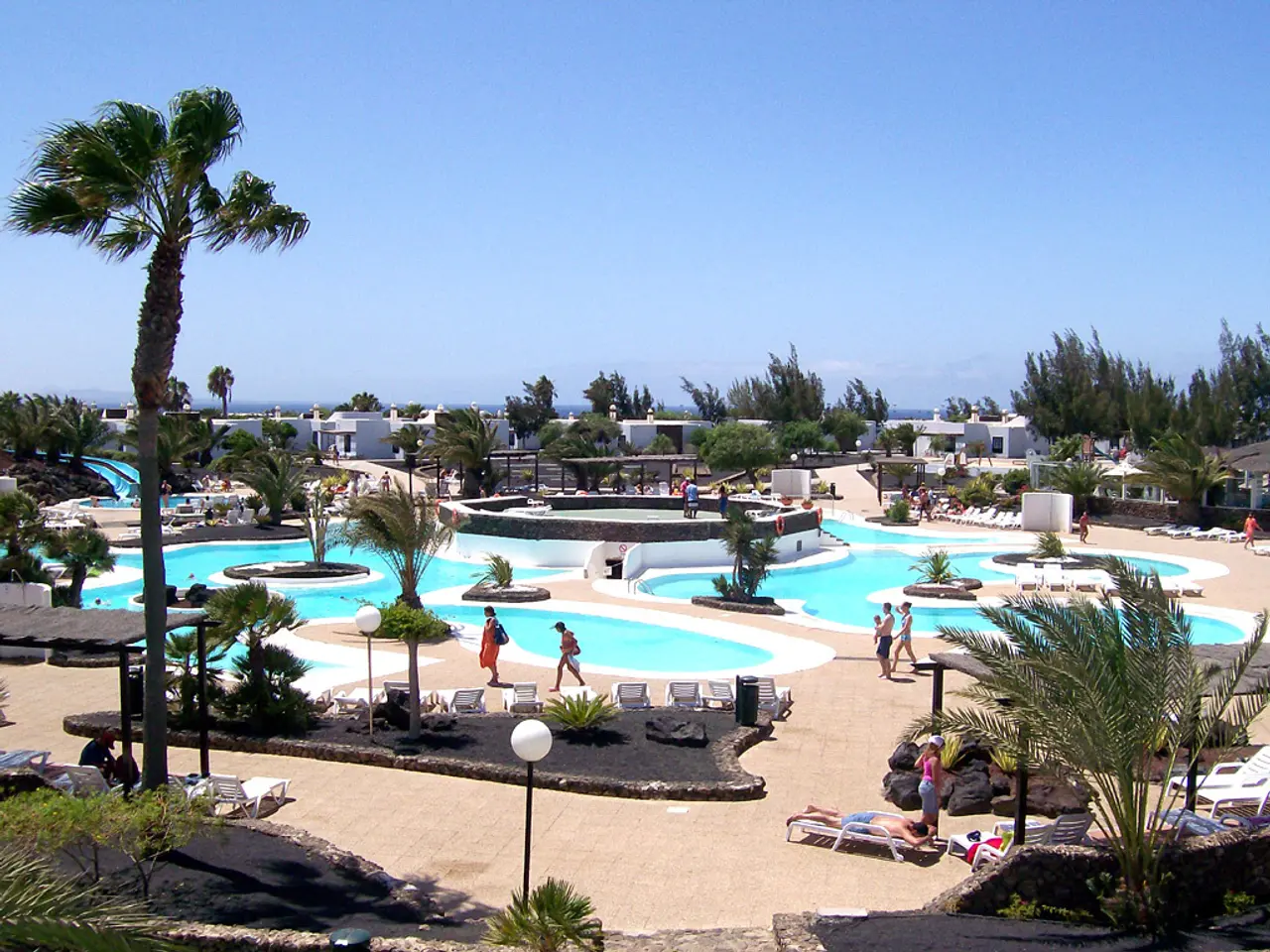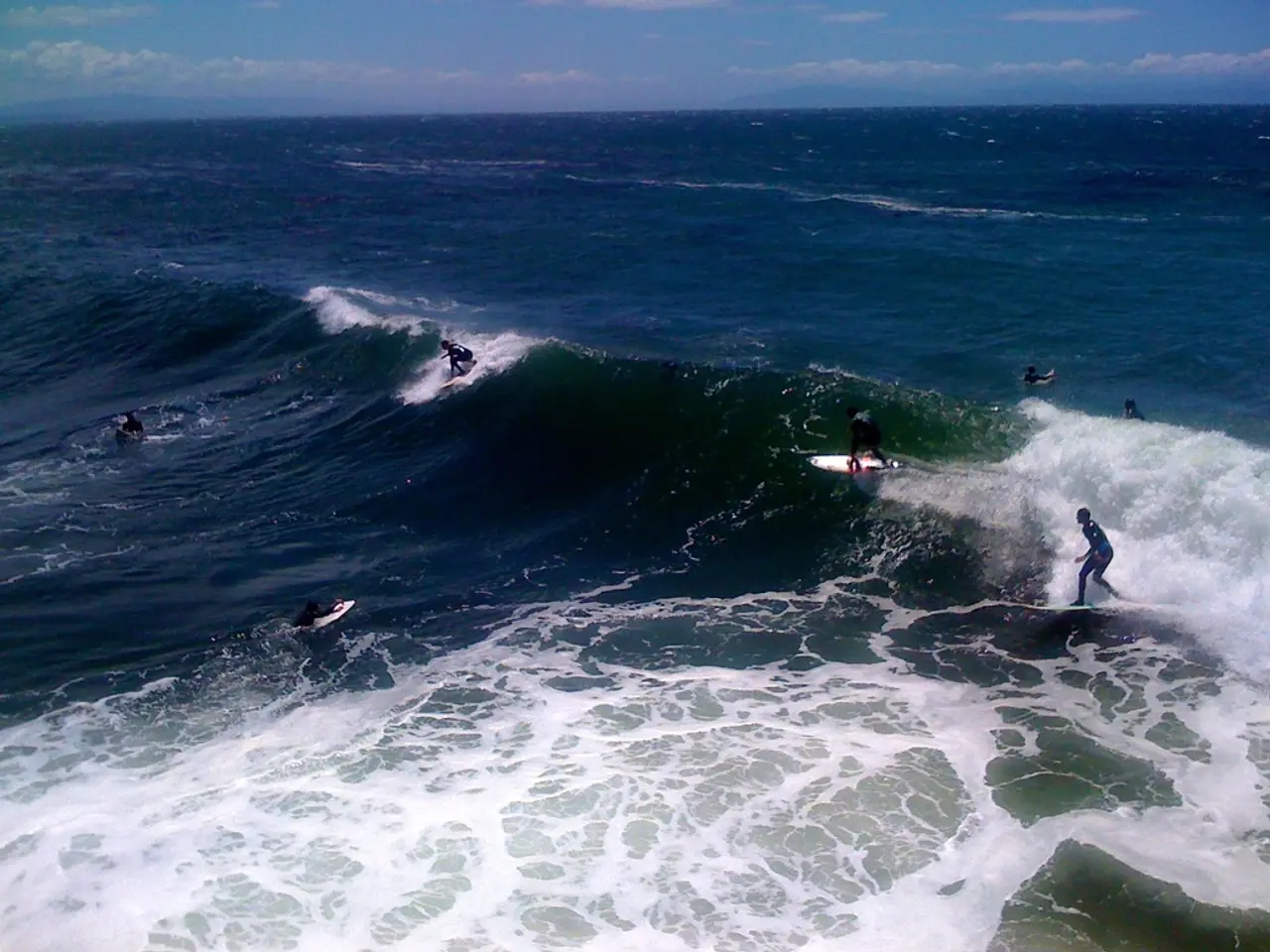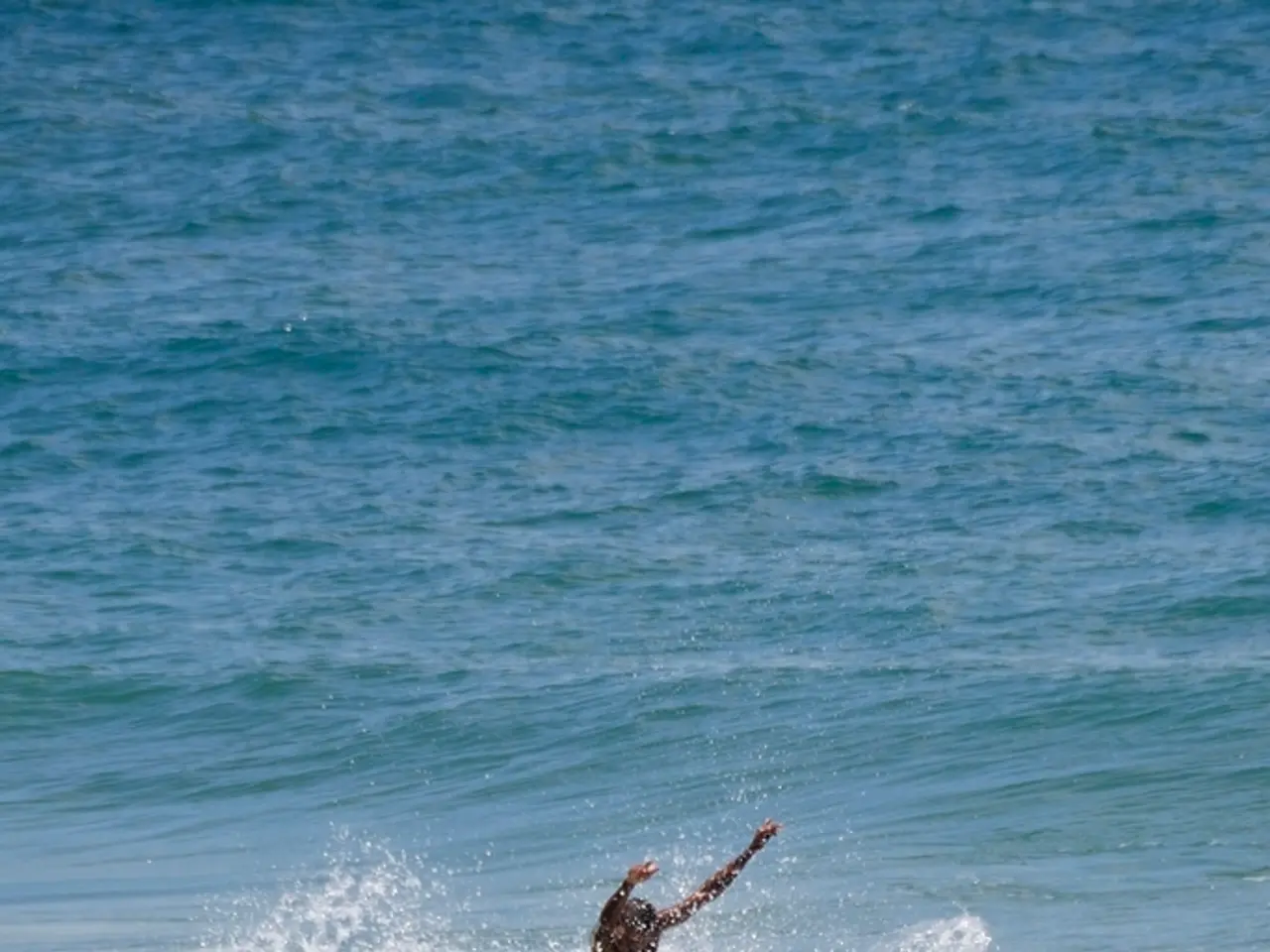Florida's Sheriff's Office Faces Lawsuit by Backstreet Boys' Brian Littrell Due to Unauthorized Beach Intruders
**Florida Beach Access Law: A Shift in Balance for Private Property Rights**
Florida's beach access laws have long been a contentious issue, pitting public recreation against private property rights. A recent change in legislation, signed by Governor Ron DeSantis in June 2025, marks a significant shift in this dynamic, particularly in counties like Walton County, known for its luxury beachfront properties.
**Key Changes Introduced by the 2025 Law**
The new law repeals a 2018 statute that made it more difficult for cities and counties to halt private barricading of beaches, thereby giving local governments more freedom to protect public access for residents and visitors. The 2025 law also restores authority to cities and counties to adopt ordinances recognising recreational "customary use" of dry sand on private beaches, a process that was in place prior to 2018.
**Implications for Private Property Rights**
While the new law does not expand public ownership beyond what is already recognised by state law, it does potentially open the door for increased public access in areas like Walton County, where private beachfront homeowners have often restricted access. However, legal uncertainty remains due to ongoing litigation and previous court orders, which may still limit public access in some cases.
**Walton County Context**
Walton County has been at the centre of beach access disputes, with many homeowners erecting barriers and hiring security to keep people off what they claim as private dry sand. The 2018 law strengthened their position, but the 2025 repeal empowers the county to reassess and potentially expand beach access, subject to local ordinances and the customary use legal standard.
**Summary Table: Florida Beach Access Law Before and After 2025**
| Aspect | Pre-2018 (and Post-2025) | 2018–2025 | |----------------------|------------------------------------------------------------|---------------------------------------------| | Local Control | Cities/counties can assert customary use ordinances | State law restricted local authority | | Process for Access | Prove historical/recreational public use | Higher legal hurdles for local governments | | Private Rights | Protected, but subject to customary use ordinances | Strengthened against public access claims | | Walton County Impact | Potential for local action to restore access | Limited ability to challenge private claims |
**Conclusion**
The 2025 law restores local government authority to address beach access disputes, balancing public recreational needs with private property rights. While this could lead to greater public access in places like Walton County, the process remains subject to local ordinances, customary use standards, and ongoing legal challenges. The law does not create new public property rights, but it removes a major obstacle for local communities seeking to reclaim historic public access to Florida’s beaches.
Notably, the beach town of Santa Rosa Beach, where Brian Littrell, a member of the Backstreet Boys, owns a multimillion-dollar beachfront property, has become home to several famous property owners over the past two decades. Littrell has recently filed a petition to a Florida court asking for an order to protect his property from trespassers. Despite the Walton County Sheriff's Office's refusal to remove trespassers or charge them, Littrell's company has put out "No Trespassing" signs and furniture on the beach to mark it as private property.
In the context of the Florida Beach Access Law, the change in legislation in 2025 may lead to an increased focus on public access, particularly in beachfront areas with luxury properties, such as Walton County. With celebrities like Brian Littrell, a member of the Backstreet Boys, owning multimillion-dollar beachfront properties in beach towns like Santa Rosa Beach, the issue of entertainment for tourists and the balance with private property rights remains a point of contention.
